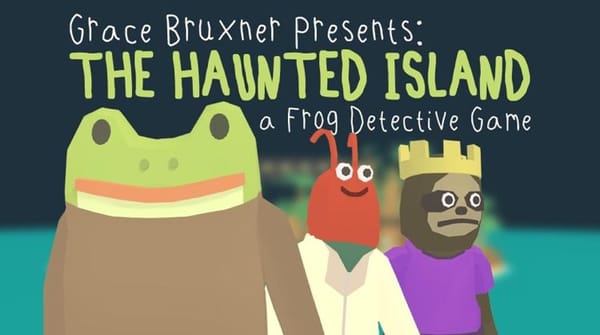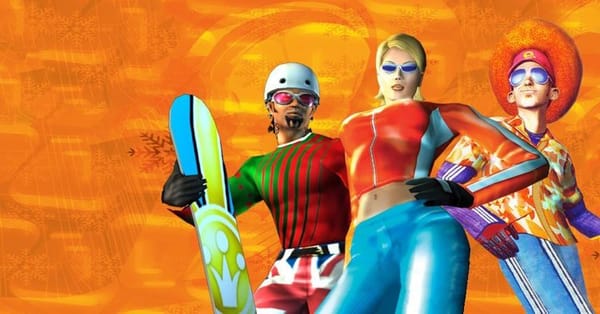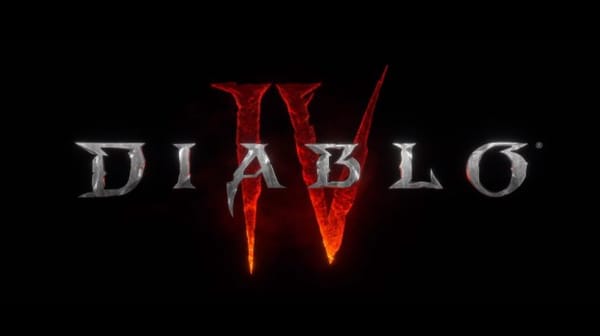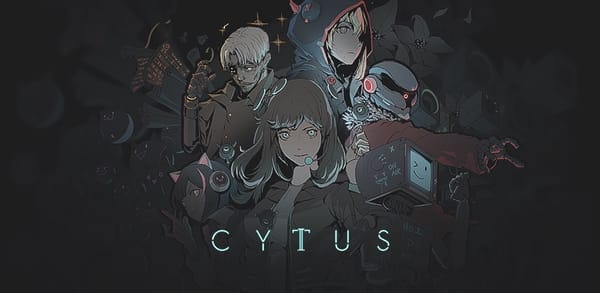Retro Review: Fallout 1 (1997) - PC
The beginning of an illustrious yet controversial franchise

Here is the start of our newest section: Retro Review. In this section we will be reviewing some of the biggest and best games throughout history. Rather than scrambling to review new games each week this will allow us to dive deep into the hallmarks of gaming legacy. This week, we are reviewing Fallout 1, the first game in the series and arguably one of the best.
So, this is where it all began. In 1997 Interplay Entertainment released Fallout: A Post Nuclear Roleplaying Game. Even though this is the first official Fallout game, it was originally developed as a sequel to 1988’s Wasteland. After Interplay lost the rights to Wasteland, Fallout took on its own identity with a unique backstory and a grim sense of humour.
This was the first game to be produced by Interplay using the G.U.R.P.S role-playing system (originally developed in 1986) which heavily featured turn-based battle system aiming to unify the “rules” of RPGs. Magazines at the time of release such as NEXT Generation compared Fallout to other turn-based games, such as X-COM, while stating that:
Fallout’s individual pieces have “The potential to change the face of computer roleplaying forever”.
And so it did.
Becoming an instant classic, many fans still consider it the best Fallout game despite being so far from where the franchise is today. Why is this? Well-read on and you might just find out.
Story
The game is set in a post-apocalyptic America (Southern California to be exact). After worldwide conflict over petroleum has caused China to invade Alaska, China and America go to war. In the year 2077, a global nuclear war occurs wiping out most major cities in a matter of hours. Those who survive do so in underground vaults designed by a company called Vault-Tec.
The protagonist, known as the Vault Dweller lives in one of these vaults (Vault 13) in 2161, 84 years after the war.
The game begins having the leader of Vault 13 (The Overseer) send the Vault Dweller on a mission to find a water chip. A piece of technology that allows for clean water throughout the vault. From then on, the player has 150 in-game days to retrieve this chip from the outside world or the game is lost.
Many different side-plots occur throughout the game as you progress and meet different people and communities of the wasteland. One thing I loved about Fallout was the ability to choose what way I wanted the story to go. If I wanted to be evil and kill everyone in my path to find the chip, I could.
Alternatively, I could just as easily have talked my way through most interactions in the game and get the same result.
The story, while being amazing and full of unexpected turns, really shines on replaying the game thanks to the immense amount of player choice available through the customisation of your character which affects the gameplay in many, many ways.
Gameplay
The gameplay of Fallout seems simple at first but gets a lot of its depth from the variety of ways one can complete a task. The general gameplay loop involves the player controlling the vault dweller in real-time from a top-down perspective. The character can move in six directions as it utilises a hexagonal grid layout. Once you enter combat it becomes a turn-based game, in which the player uses action points (AP) to control what their character can do in that turn, whether it be moving, using the inventory, or shooting a weapon.
I found the combat to be an interesting system, which sadly grew dry with time.
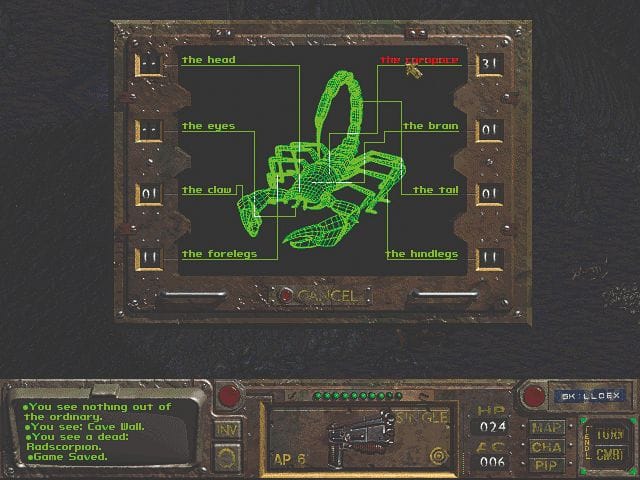
You choose your stats, known as S.P.E.C.I.A.L at the start of the game, and although these can be upgraded through various means, it is not something easily done. I picked a low agility stat initially which meant my action points were so low that every fight just involved me shooting a gun or punching something once, then waiting and repeating this every turn until I either killed the enemy or healed. You do have access to the V.A.T. system, a form of aiming that allows you to target certain body parts for increased AP cost, however, if every time I am just aiming for the head or the groin, it quickly loses its intrigue and just becomes 1 more thing I must fix to my muscle memory in order to complete turns ASAP.
The combat does become more interesting throughout the game when you gain different NPCs as companions, but the lack of ability to control these companions made me feel as though I had less and less input over the outcome of a fight.
However, the reason I would still say Fallout’s gameplay is fantastic is that you are not required to always go into combat to achieve a goal. For example, early on in the game, you can encounter a group of raiders who have stolen a village chief’s daughter. On my first playthrough, I attempted to kill all the raiders to save the daughter. This proved very difficult and so I increased my charisma on the next playthrough, and this time simply walked into the camp and had the option to convince the raiders into letting her go.
There are many more examples of this, not just through speech but through the use of a plethora of unique skills from lock-picking to engineering. Every task has a handful of ways to complete it and there is nothing more satisfying than figuring out a way around something which initially seems far too difficult to tackle.
Music
The aesthetic of the Fallout series is very reminiscent of a Raygun Gothic style. This gives it a very 1950s America feel which is especially prominent in the music of the series. Unfortunately, the first game in the series did not push this very far, with only one song in the soundtrack being particularly memorable.
Maybe by the Inkspots (1940) plays occasionally throughout the game, lending a somewhat positive atmosphere to the dreary setting. This clear dichotomy produces a very unique feeling which no other game soundtrack has replicated that I can think of.
The remainder of the soundtrack consists of creepy ambient noises, accompanied by sounds of clanking metal and spine-chilling synth-line instruments. This created a sense of tension which remained with me whenever I would boot up the game. It took a long time to get used to which shows just how good Mark Morgan (the composer) was at creating a feeling of survival and loneliness.
That said there felt like little variety and after a while, I would find myself putting on different music in the background to keep my ears interested. 10/10 for immersion but I would have enjoyed something more memorable.
Art
While many may disagree, I personally LOVED the art style of Fallout. The metallic colour pallet combined with the isometric view gave a sense of a very makeshift world. What I mean by this is that all the settlements in the game while unique in design all felt unified under a common theme. This theme being that they were built quickly and unplanned through whatever resources could be scavenged.
The main point to write home about is the “Talking Heads”. These are certain characters in the game which, when spoken to, will be fully voice-acted (amazingly might I add), as well as having very detailed animations of the face. This makes it feel like you are actually speaking to a person rather than it just being a still face with some shoddy voice acting.
The heads can be jarring at first but when you get used to the art style you can really appreciate what they were going for.
When designing these heads, real models were made with different facial expressions and the GURPS system was able to create a transition from one to the other. The ability to understand the way the conversation was going entirely from the facial expressions of who you were talking to is purely brilliant and something which I believe should be implemented far more, even today. Legacy
Fallout's legacy is one which cannot be understated. While many argue the sequel, Fallout 2, is better, this original paved the way for future CRPGs.
CNET Gamecenter’s Mark H. Walker wrote, “The RPG genre was clearly in a slump in the mid-’90s, but in August 1997 the renaissance began when Interplay’s Fallout hit store shelves.”
I could not agree more with this sentiment. It has been ranked in the top 20 PC games of all time many years by IGN, PC gamer and PC zone. And in 2012 was even exhibited in the Smithsonian American Art Museum.
The gameplay was inspired by games such as X-COM and has gone on to change the face of CRPGs for years. The art has been put on show in museums. The setting spawned a massively successful series. Whether or not you think Fallout deserves the praise it gets as a game in its own right, one cannot deny the impact it has had on the gaming industry.
Score
Overall the game was a blast to play. I have never really played a game quite like it, despite playing so many that have taken inspiration from it. The combat can be boring and sometimes aspects of the game are very difficult to figure out, such as how to get the most out of a companion. However, the setting and atmosphere are unique and the ability to truly influence the story in a multitude of ways makes this an instant classic, definitely deserving of game of the year in 1997.
I would rate it 88%. It is a must-play for a fan of older PC games, a fan of RPGs and a fan of any game that makes you think for yourself. If you can get over the occasional bit of confusion with the mechanics then you will have a blast.

